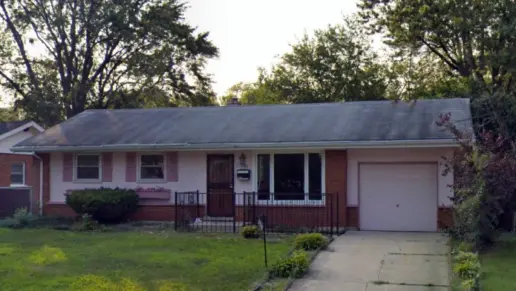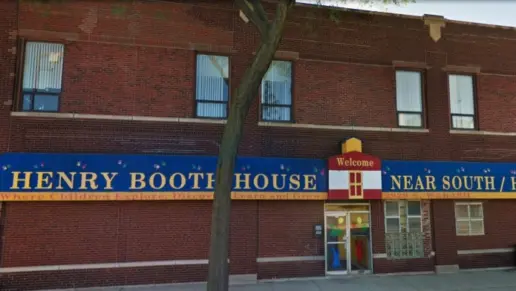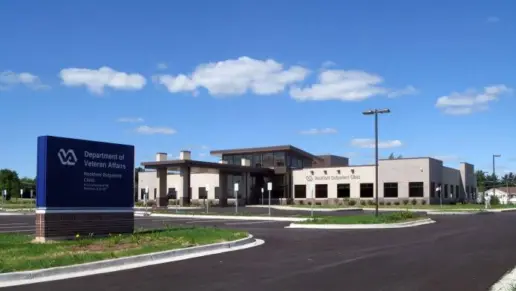The South Suburban Council is a miraculous treatment center with holistic staff available at the door. From entry into treatment, all the way to the end, you will have staff will real life experience that are compassionately there to help you and treat you with the upmost re ...
About The South Suburban Council on Alcoholism and Substance Abuse
The South Suburban Council on Alcoholism and Substance Abuse provides affordable and effective chemical dependency treatment and rehabilitation to residents of the greater Chicago Southland community. The South Suburban Council on Alcoholism and Substance Abuse offers a full range of quality, comprehensive outpatient, residential and youth services for both adolescents and adults.
The residential program offers 24/7 supervision in a safe environment where individuals can be removed from the distractions of their home environment. Clients engage in individual therapy, group therapy, recovery coaching, recreational activities, wellness activities, and classes designed to help them learn new skills.
The intensive outpatient program allows clients more time in a therapeutic environment than traditional outpatient offers. This program provides day and evening options. Clients generally meet three times per week, for three hours at a time. This program also has specialty tracks for women and those who are a part of the criminal justice system.
The outpatient program is for those who do not need a high degree of supervision to do well with treatment. Counseling is the main focus.
The South Suburban Council on Alcoholism and Substance Abuse accepts most insurance plans, including Amerigroup, Magellan, ComPsych, Aetna, and Anthem. Out of network benefits may vary, so it is important to verify coverage with your provider.
Latest Reviews
Rehab Score
Gallery
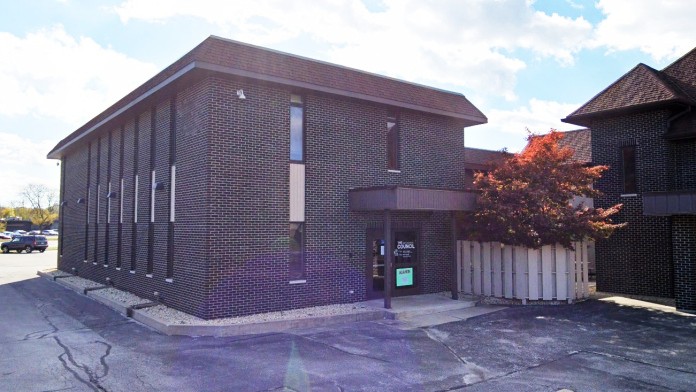
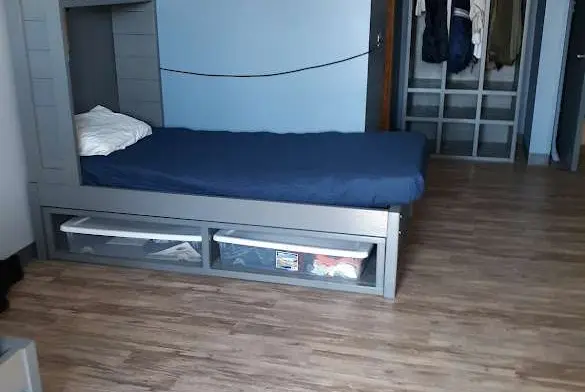
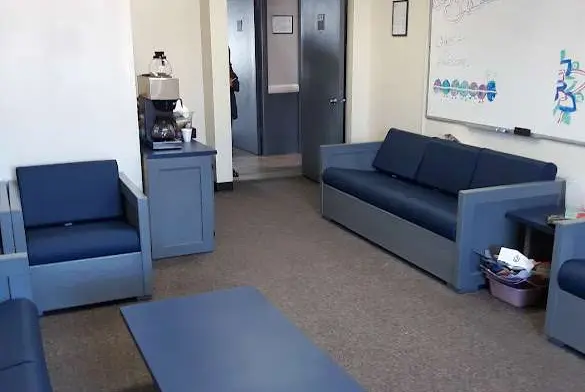
Location
Accepted Insurance
Other Forms of Payment
Medicaid is a state based program that helps lower-income individuals and families pay for healthcare. Medicaid covers addiction treatment so those enrolled can use their coverage to pay for rehab. When a program accepts Medicaid the client often pays very little or nothing out of their own pocket.
Private insurance refers to any kind of healthcare coverage that isn't from the state or federal government. This includes individual and family plans offered by an employer or purchased from the Insurance Marketplace. Every plan will have different requirements and out of pocket costs so be sure to get the full details before you start treatment.
Self-pay involves paying for treatment out of your own pocket. You can use savings or credit, get a personal loan, or receive help from family and friends to fund your treatment. If you don't have insurance or your insurance plan doesn't cover a specific program, self-pay can help ensure you still get the care you need.
Financial aid can take many forms. Centers may have grants or scholarships available to clients who meet eligibility requirements. Programs that receive SAMHSA grants may have financial aid available for those who need treatment as well. Grants and scholarships can help you pai for treatment without having to repay.
Sliding scale payments are based on a client's income and family size. The goal is to make treatment affordable to everyone. By taking these factors into account, addiction recovery care providers help ensure that your treatment does not become a financial burden to you or your family, eliminating one barrier to care.
Addiction Treatments
Levels of Care
Treatments
The goal of treatment for alcoholism is abstinence. Those with poor social support, poor motivation, or psychiatric disorders tend to relapse within a few years of treatment. For these people, success is measured by longer periods of abstinence, reduced use of alcohol, better health, and improved social functioning. Recovery and Maintenance are usually based on 12 step programs and AA meetings.
Drug rehab in Illinois is designed to help people recover from addiction to a number of substances. The length of each program and its intensity tend to vary, and the plan of care is based on your individual needs.
Co-Occurring Disorder Program provides a co-occurring disorder group at both the Intensive and Basic levels for patients with substance use and psychiatric diagnosis. These groups are evidenced based and utilize a Co-Occurring Disorder Program curriculum from Dartmouth Medical School and is built on integrated combined therapies consisting of cognitive behavioral therapy, motivational enhancement therapy, and twelve step facilitation.
A combined mental health and substance abuse rehab has the staff and resources available to handle individuals with both mental health and substance abuse issues. It can be challenging to determine where a specific symptom stems from (a mental health issue or an issue related to substance abuse), so mental health and substance abuse professionals are helpful in detangling symptoms and keeping treatment on track.
Opioid rehabs specialize in supporting those recovering from opioid addiction. They treat those suffering from addiction to illegal opioids like heroin, as well as prescription drugs like oxycodone. These centers typically combine both physical as well as mental and emotional support to help stop addiction. Physical support often includes medical detox and subsequent medical support (including medication), and mental support includes in-depth therapy to address the underlying causes of addiction.
Programs


Clinical Services
Cognitive Behavioral Therapy (CBT) is a therapy modality that focuses on the relationship between one's thoughts, feelings, and behaviors. It is used to establish and allow for healthy responses to thoughts and feelings (instead of unhealthy responses, like using drugs or alcohol). CBT has been proven effective for recovering addicts of all kinds, and is used to strengthen a patient's own self-awareness and ability to self-regulate. CBT allows individuals to monitor their own emotional state, become more adept at communicating with others, and manage stress without needing to engage in substance abuse.
Because the family is the most important unit to which an individual can belong, The Council strives to offer services to involve as many members of the family as possible. The services offered treat chemical dependency as a “family issue” and empowers individual members to re-enter the family with the skills and confidence necessary to make their recovery and family relationships successful.
Group therapy is any therapeutic work that happens in a group (not one-on-one). There are a number of different group therapy modalities, including support groups, experiential therapy, psycho-education, and more. Group therapy involves treatment as well as processing interaction between group members.
Intermediate Counseling and Early Intervention provides organized services which are designed to explore and address problems or risk factors that appear related to alcohol or other drug use. The goals are to assist the individual to recognize the harmful consequences of substance use, make behavior changes, and avoid problems related to substance use. In each program, the primary counselor works with the patient to identify problems, establish goals, and commit to a plan of action.
Life skills trainings involve all the skills a person must have in order to function successfully in the world. These include time management, career guidance, money management, and effective communication. Truly successful addiction recovery is based on the ability to not only live substance-free, but to thrive. Life skills teaches the practical necessities of functioning in society, which sets clients up for success in life, and therefore sobriety.
Motivational Interviewing (MI) is a clinical approach to helping people with substance abuse issues and other conditions shift behavior in positive ways. It is more goal-oriented than traditional psychotherapy, as MI counselors directly attempt to get clients to consider making behavioral change (rather than wait for them to come to conclusions themselves). Its primary purpose is to resolve ambivalence and help clients become able to make healthy choices freely.
Trauma therapy addresses traumatic incidents from a client's past that are likely affecting their present-day experience. Trauma is often one of the primary triggers and potential causes of addiction, and can stem from child sexual abuse, domestic violence, having a parent with a mental illness, losing one or both parents at a young age, teenage or adult sexual assault, or any number of other factors. The purpose of trauma therapy is to allow a patient to process trauma and move through and past it, with the help of trained and compassionate mental health professionals.
Staff & Accreditations
Staff

President & CEO

Vice President of Clinical Programs

Director of Finance

Director of Medical Department
Accreditations

The Joint Commission, formerly known as JCAHO, is a nonprofit organization that accredits rehab organizations and programs. Founded in 1951, the Joint Commision's mission is to improve the quality of patient care and demonstrating the quality of patient care.
Joint Commission Accreditation: Yes
Contact Information
1909 Cheker Square East
Hazel Crest, IL 60429






